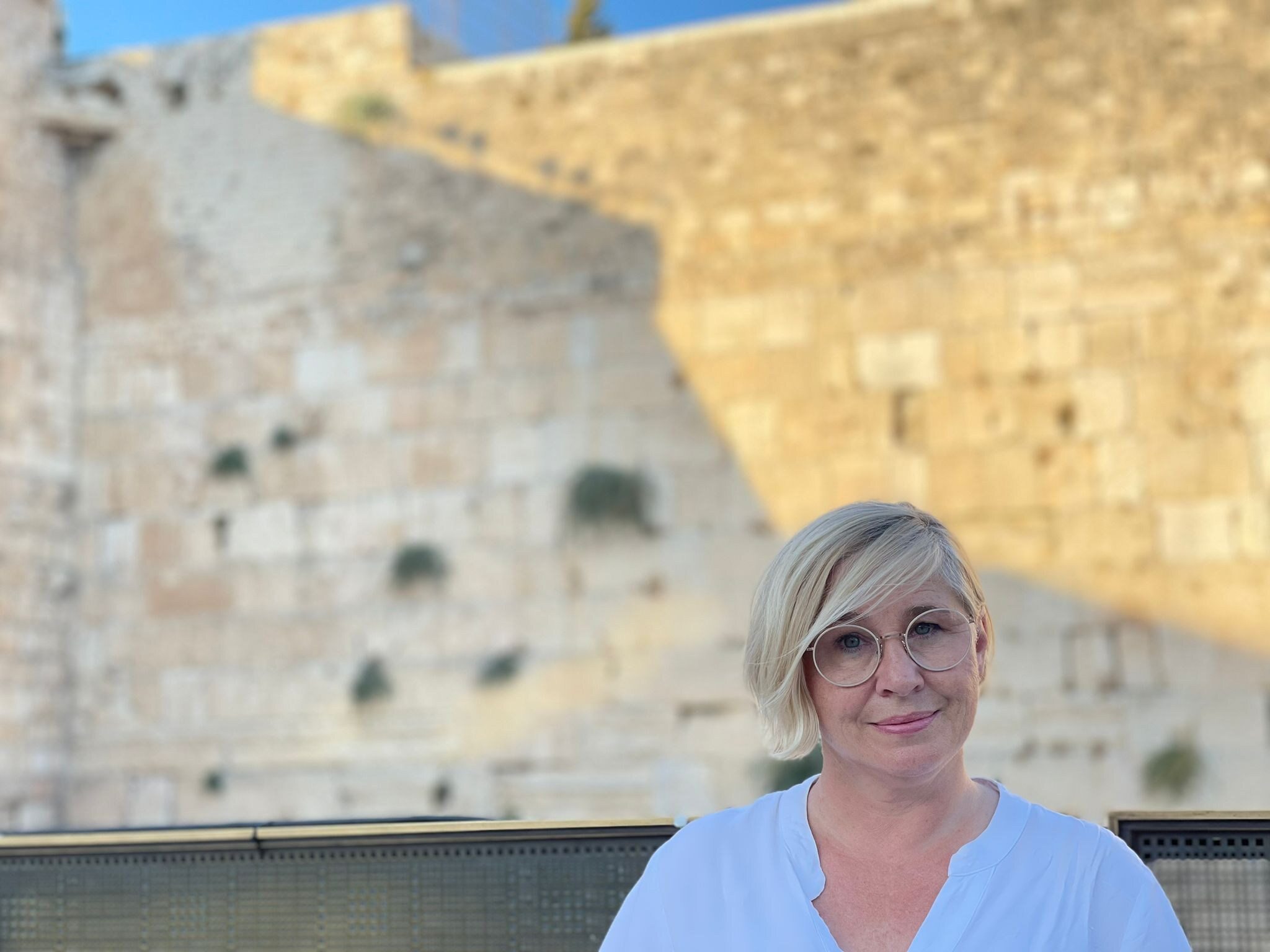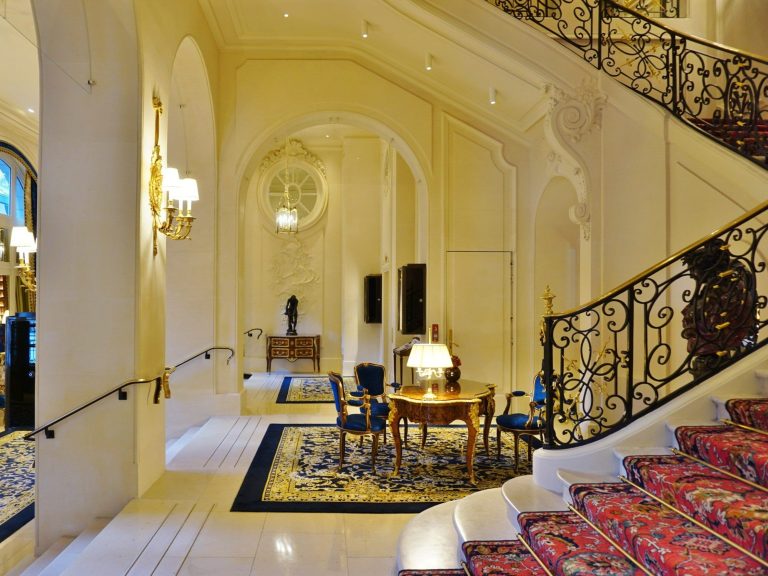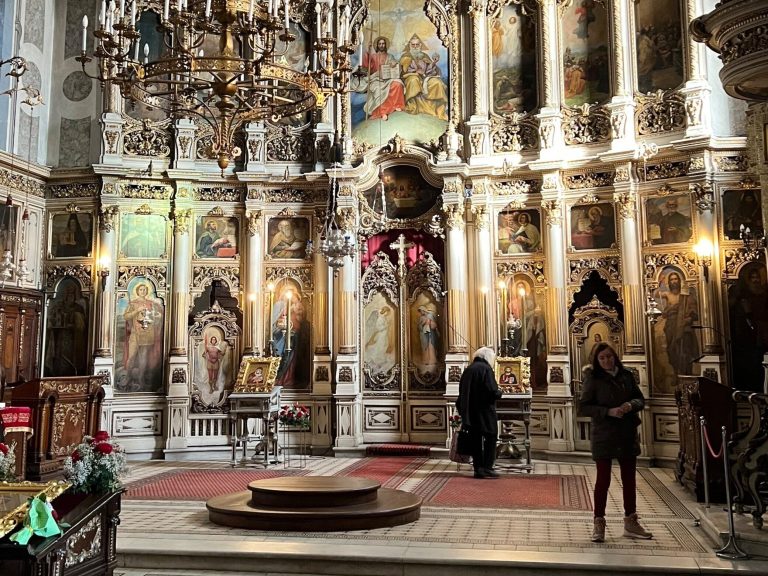“Polka in Israel”: The bastard stigma still exists in Orthodox circles

This is the charm and curse of Israel. An ultra-conservative country on one side, and a secular, liberal, educated country on the other with cosmopolitan ambitions. This Israel looks towards the West, especially the United States, and wants to match them. Such circles decided to promote Israel in the world a few years ago as a country where the sun shines 365 days a year. “Come, see how beautiful beaches, weather, great food we have, how open, modern we are and we are not cruel to Palestinians at all” – says Sylwia Borowska, author of, among others, My Jewish Husband.
Wiktor Krajewski: We came to Israel together. Now we wander another hour around Tel Aviv, which you know inside out because you spent a lot of time there when you were in a relationship with an Israeli. And so we walk around this city and we walk … I will ask you a simple question: Israel should be worshiped and given special love?
Sylwia Borowska: This is what Israelis dream about, extremely in love with each other and proud of having built a modern state in the desert in 75 years. For foreigners, the relationship with Israel is more complicated, a bit of a “love it or leave it” kind of thing.
Although it is an Israeli national trait to find shades of gray in everything, because here nothing is black and white, which results from religion, culture, way of thinking, as well as the geopolitical situation.
Nothing in life is white or black.
Israel is a country that evokes extreme emotions in many ways. Internationally, because of the policy it pursues towards Palestine. Israel itself feels like a lonely island, surrounded by hostile Arab states. In terms of religion and tradition, it is unique, because for over 2,500 years it has been sticking very hard to the records and rules set by the Old Testament.
Religion, i.e. Judaism, is the foundation of this state, a binder and proof of belonging to the Jewish nation. Religion greatly interferes with everyday life, although Israel is officially considered a secular and democratic state, but it has two judicial systems: a secular court and a rabbinical court. In Israel, you cannot have a civil wedding, only a religious one under a chuppah, and the latter is performed only for Jews. If you are not Jewish according to religious law, you cannot get married in Israel. In Orthodox circles, there is still the stigma of a divorcee and a bastard (from Hebrew: mamzer), i.e. a child born out of wedlock. The lampoons you saw on the walls in Mea She’arim are the publication of lists of bastards, divorcees, or people who have left the community, left the religion. Such people are, in a sense, excluded from the community.
And the most important is the one who left, became a secular Israeli, that is, he stopped living according to halacha (religious law – editor’s note) cut off his sidelocks, took off his coat, put on jeans and a T-shirt and moved from Jerusalem to Tel Aviv.






